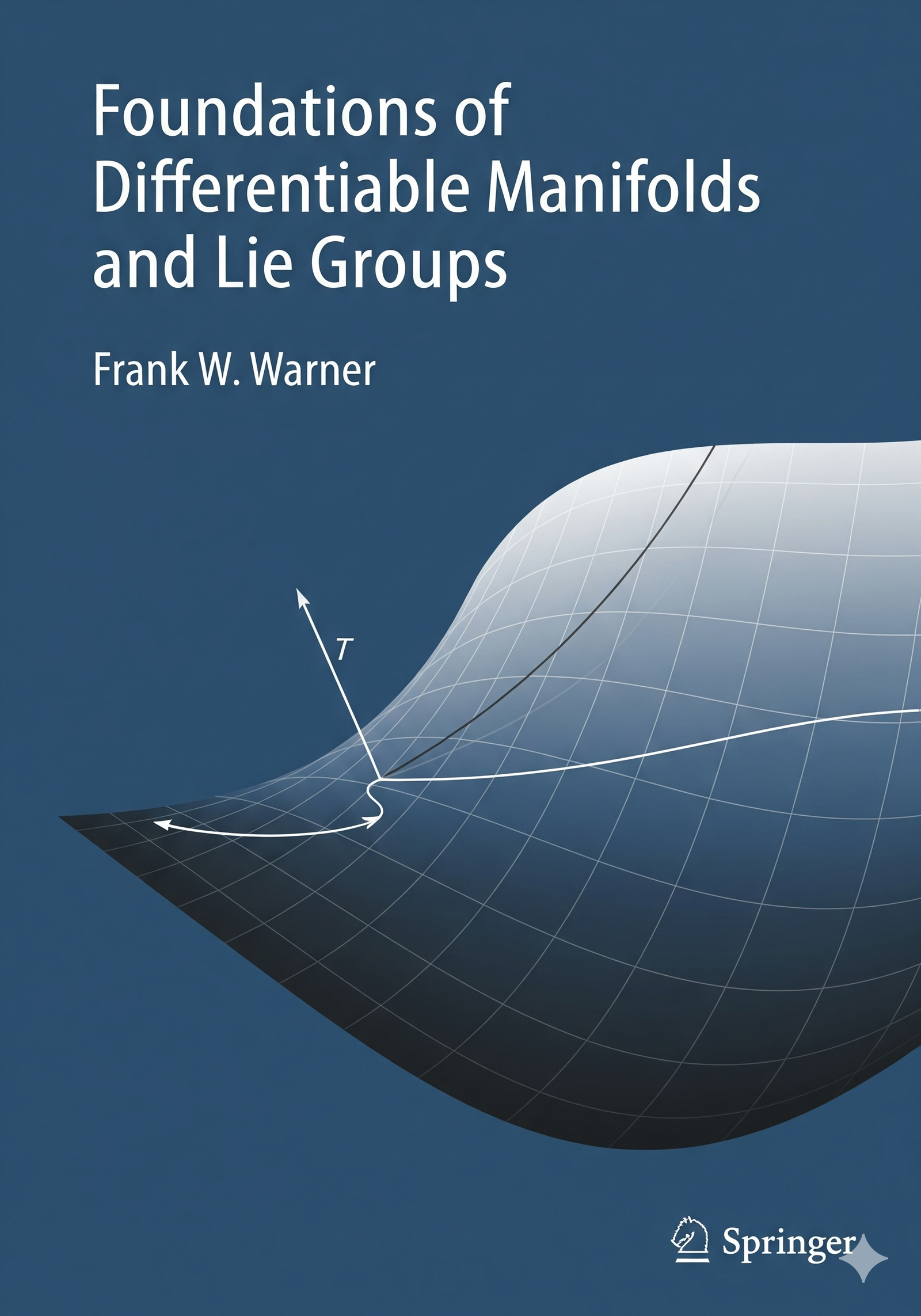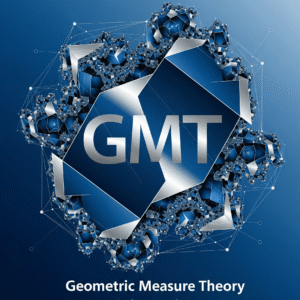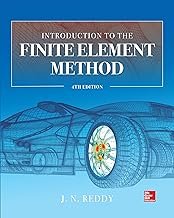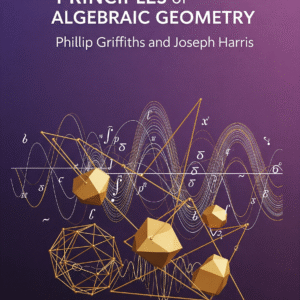Key Features of the Book:
-
Comprehensive Coverage – It systematically builds the theory of differentiable manifolds, tensors, differential forms, and Lie groups from the ground up.
-
Lie Groups & Homogeneous Spaces – It provides a clear treatment of Lie groups, their algebras, and their actions on manifolds.
-
Integration on Manifolds – The book covers Stokes’ theorem and integration on manifolds rigorously.
-
Sheaf-Theoretic Approach to de Rham Theory – Instead of just stating the de Rham theorem, it proves it using sheaf cohomology, which is elegant and revealing.
-
Elliptic Operators & Hodge Theory – It develops the local theory of elliptic operators and culminates in a proof of the Hodge decomposition theorem, a cornerstone of geometric analysis.
Who Should Read It?
-
Graduate students in differential geometry, Lie theory, or mathematical physics.
-
Researchers who need a solid reference for foundational results.
-
Those interested in advanced topics like sheaf cohomology or PDEs on manifolds.
Complementary Texts:
-
Introduction to Smooth Manifolds (John M. Lee) – A more modern and pedagogical introduction.
-
Lie Groups, Lie Algebras, and Representations (Brian C. Hall) – Focuses more on representation theory.
-
Differential Forms in Algebraic Topology (Bott & Tu) – For deeper connections between de Rham theory and topology.





